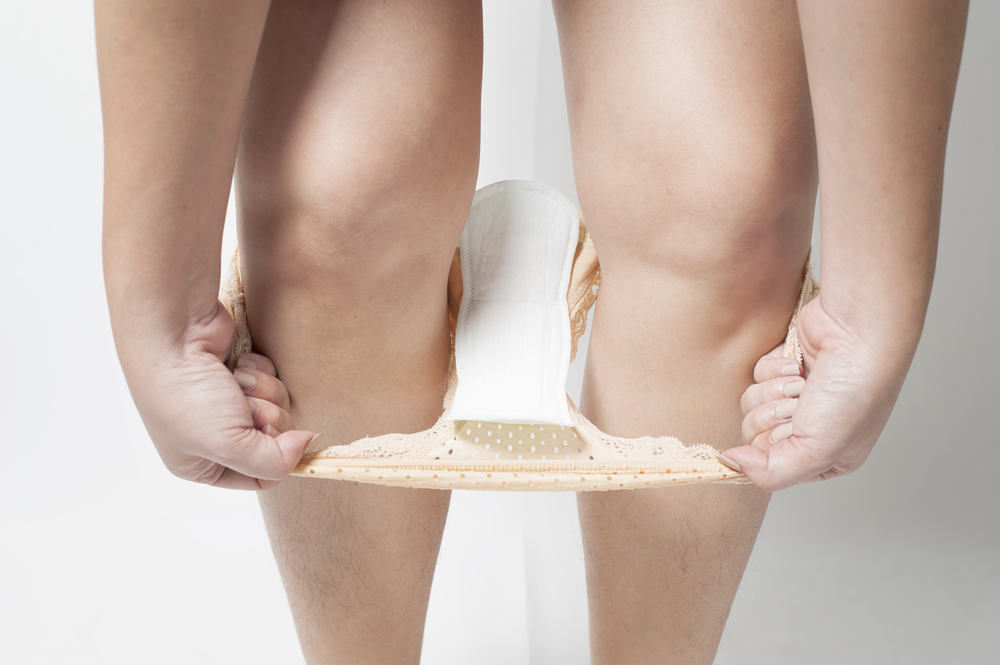Contents:
- Medical Video: Pediatric Living Donor Liver Transplant
- There are two main types of heart rejection
- Acute rejection
- Chronic rejection
- How to treat liver rejection?
- How to prevent liver rejection?
Medical Video: Pediatric Living Donor Liver Transplant
As you know, one of the main complications of liver transplantation is liver rejection. Not every heart will be right for your child. Even though they have continued screening and blood tests to find liver donors that are compatible with the same blood group and liver tissue, there is still a small risk that the body can reject the new liver. On the positive side, the survival rate after a liver transplant is high, which means your child's heart will most likely function properly. It is important to recognize warning signs and treat the liver before permanent damage occurs.
There are two main types of heart rejection
Acute rejection
During acute rejection, there are several episodes when the body fights a new heart. Your child's immune system feels that the liver is a foreign object and begins to react by attacking the liver cells, causing inflammation and injury. The first sign of this immune response is an increase in liver enzymes seen in routine blood tests. This is why it is important for you to have your child checked by a doctor regularly. Doctors can detect early if the liver does not work properly and treat it by increasing the dose or immunosuppressive drugs.
Acute rejection episodes are common in the first 3 months. About 50% of children have at least 1 episode. In addition to increased liver enzymes, here are other warning signs of acute liver rejection:
- Irritability
- Fatigue
- Poor appetite
- Flu-like symptoms
- Jaundice or yellowing of the eyes and skin
- Fever
- Itchy
- Pale stool
- Dark urine
- Pain or pain in the abdomen
- Abdominal swelling
If your child has one of these signs, tell your doctor immediately. Early treatment is needed to prevent permanent damage.
Chronic rejection
Chronic rejection occurs slowly for years. This is very rare and maybe your child needs another liver transplant. Even with strong immunosuppressive drugs available, your doctor may be able to reverse chronic rejection.
How to treat liver rejection?
Your doctor will prescribe several drugs to suppress your child's immune system. This drug is called an immunosuppressive drug or anti-rejection drug. Your child needs to use this medicine regularly as instructed by a doctor. Some medications may include:
- Steroids that can be taken like prednisone or intravenously such as methylprednisolone (Medrol Endapan, Solu-Medrol).
- Tacrolimus (Prograf) or cyclosporine (Neoral, Sandimmune).
- Sirolimus (Rapamune), which cannot be used for several months after a liver transplant because it can cause blood clots in the main arteries that provide blood to the liver transplant and prevent surgical wounds from healing; However, sirolimus is safe to use if the arteries and wounds have completely healed.
- Mycophenolate mofetil (Cellcept), mycophenolic acid (Myfortic), and azathioprine (Azasan, Imuran), which can be given together with cyclosporine or tacrolimus.
There are several side effects associated with these drugs. As follows:
- Prednisone weight gain
- Diabetes-tacrolimus, cyclosporine
- High blood pressure-prednisone, tacrolimus, cyclosporine, sirolimus
- High blood cholesterol or triglycerides-cyclosporine, sirolimus
- Osteoporosis-prednisone
- Kidney-tacrolimus damage, cyclosporine, sirolimus
It is important to never miss a dose or stop the medication without consulting a doctor first. This drug helps your child's body adjust to the new heart.
How to prevent liver rejection?
To help prevent your child's body from rejecting a new heart, here are some ways that can help:
- Make sure your child takes immunosuppressive drugs regularly as instructed. Don't skip doses. If you miss a dose, give the dose as soon as you remember. Don't try to multiply in doses.
- Visit a doctor regularly. Doctors need to monitor the liver by doing a routine blood test.
- Learn and recognize signs of liver rejection. You can tell your doctor as soon as you detect any signs.
- Maintain a healthy lifestyle by giving your child a balanced diet full of essential nutrients and proteins to speed healing. Regular exercise is also recommended. Contact your doctor to ask when your child can do physical activity.
Liver rejection is a complication of liver transplantation but can be treated and managed if detected early. It is important for you to work with your doctor to make sure your child's heart is healthy and functioning.












